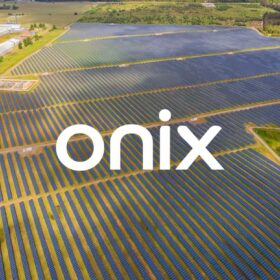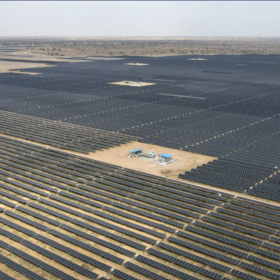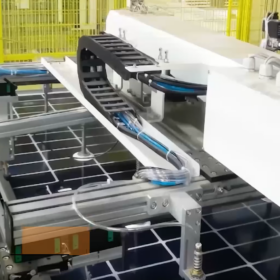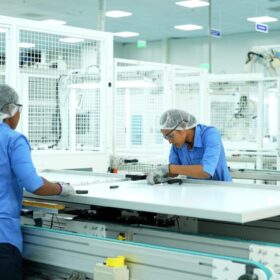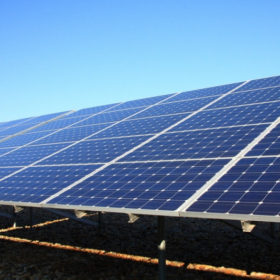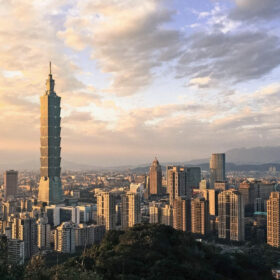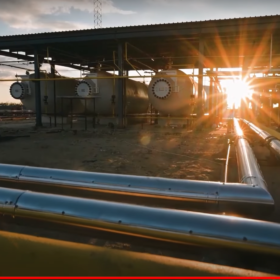Onix Renewable begins work on 1,959 MW decentralized solar project in Maharashtra
Onix Renewable Ltd has commenced development of a 1,959 MW solar power project in Maharashtra under the Mukhyamantri Saur Krushi Vahini Yojana 2.0.
Waaree Renewable sets up subsidiary for power generation from non-conventional energy sources
Waaree Renewable Technologies has established a wholly owned subsidiary named Sunsational Power for power generation from non-conventional energy sources.
Italy installs 1.24 GW of solar in Q1
Italy installed 1.24 GW of new solar capacity in the first quarter, a 19% decline from the same period in 2024, according to renewables association Anie Rinnovabili. The slowdown highlights mounting headwinds in the country’s PV market.
India installed 7 GW solar in Q1 2025, says Mercom
India installed 5.5 GW of large-scale solar and 1.2 GW of rooftop solar in the January–March quarter of 2025. Large-scale solar installations were down over 36% year-on-year.
Alpex Solar secures orders worth INR 1,068.84 crore
Alpex Solar, in consortium with NVNR Power & Infra, has secured an INR 350 crore EPC order from Central Mine Planning and Design Institute Ltd, a Coal India subsidiary. It has a 70% share in the project. The company has bagged three more orders worth INR 823.85 crore for the supply of PV modules and solar pumps.
Tata Power Q4 profit up 25% YoY to INR 1,306 crore
Tata Power has reported a net profit (profit after tax) of INR 1,306 crore and revenue of INR 17,328 crore for the fourth quarter of FY 2025.
Advait Energy Transitions total income up 92% YoY to INR 406.46 crore
Advait Energy Transitions has posted a consolidated total income of INR 406.46 crore and consolidated net profit of INR 32 crore for the fiscal year ended March 31, 2025.
How AI is optimizing solar plant efficiency
Artificial intelligence (AI) is changing the world of solar energy as it allows plants to monitor, learn and adapt in real time. Given enormous data collected from several sensors, smart meters, drones, and even weather stations, AI systems utilize machine machine learning algorithms to optimize performance, predict problems and even detect patterns.
Taiwan proposes mandatory solar for new buildings
The Taiwanese government has proposed new rules requiring PV installations on most new, expanded, or renovated buildings. The draft standards aim to boost renewable energy and decarbonisation by setting minimum solar capacity requirements, with potential exemptions for insufficient sunlight or technical issues.
IH2A proposes hydrogen purchase obligations for refinery, ammonia plants
The India Hydrogen Alliance (IH2A) has proposed that the government consider introducing a 10% hydrogen purchase obligation (HPO) for existing refineries and ammonia plants, and a 100% HPO for new plants by 2030.
